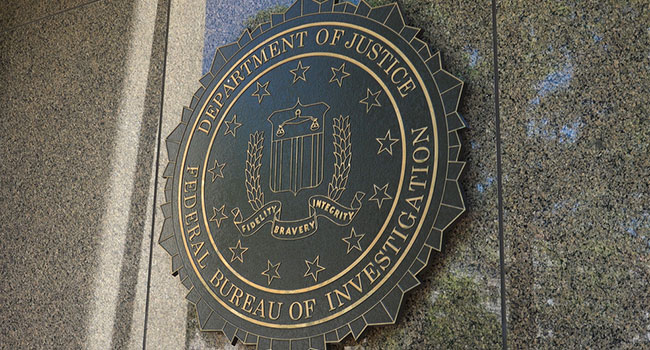
FBI Warns Businesses and Organizations of Rising “High-Impact” Ransomware Threat
Even if an organization decides to pay a ransom against the FBI’s advice, they should report the crime to law enforcement, according to the FBI alert.
- By Haley Samsel
- Oct 07, 2019
Following a summer of increasingly worrisome ransomware attacks, the FBI issued a public service announcement on Wednesday warning of “high-impact” cyberattacks that are increasingly threatening hospitals, small businesses and local governments.
While the FBI has issued similar warnings about malicious hacking attempts in previous years, this is the first announcement concerning ransomware in 2019, The Hill reported. The agency noted that ransomware attacks are becoming more “targeted, sophisticated and costly” even as the overall frequency of them has not increased.
“Since early 2018, the incidence of broad, indiscriminate ransomware campaigns has sharply declined, but the losses from ransomware attacks have increased significantly,” the alert reads, citing complaints data collected by the FBI’s Internet Crime Complaint Center.
The alert comes as a growing number of city governments, hospitals and businesses report debilitating ransomware attacks, which shut down an organization’s systems until a ransom is paid. In August, over 20 Texas towns were hit by an attack, and just this week, three Alabama hospitals were forced to turn away new patients after their systems were paralyzed.
Read more: Report: Insurance Companies Are Exacerbating Rise in Ransomware Attacks
Beyond detailing some of the methods malicious actors use to infect computer systems with ransomware, the FBI said that it does not advocate paying a ransom, partly because it does not guarantee that a hacker will provide a key to decrypt the organization’s files.
“In some cases, victims who paid a ransom were never provided with decryption keys,” the alert reads. “In addition, due to flaws in the encryption algorithms of certain malware variants, victims may not be able to recover some or all of their data even with a valid decryption key.”
That advice is a bit of a switch-up from how one FBI agent described the FBI’s advice to victims in 2015. ZDNet reports that an agent told attendees at a 2015 conference that “we often advise people just to pay the ransom.”
Now, the FBI notes that paying ransoms only gives other criminals the signal that ransomware is an “alluring and lucrative enterprise.” But the alert acknowledged that individual organizations may want to pay the fee because they need to function and are losing money while their systems are down.
“Regardless of whether you or your organization have decided to pay the ransom, the FBI urges you to report ransomware incidents to law enforcement,” the alert reads. “Doing so provides investigators with the critical information they need to track ransomware attackers, hold them accountable under U.S. law, and prevent future attacks.”
About the Author
Haley Samsel is an Associate Content Editor for the Infrastructure Solutions Group at 1105 Media.